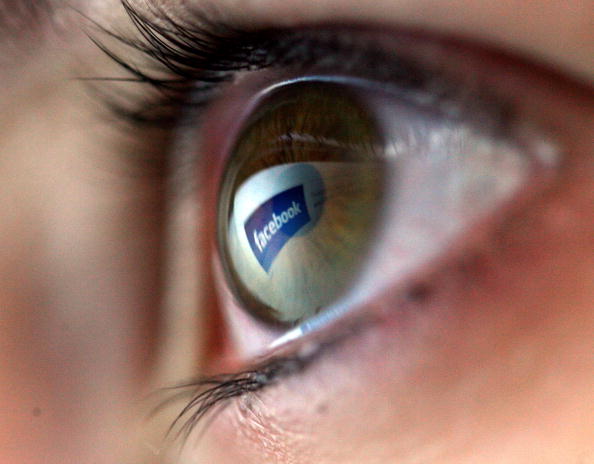Facebook 'could affect the brain in similar way to cocaine', study finds
'Technology-related 'addictions' share some neural features with substance and gambling addictions'

Facebook can have similar effects on the brain to cocaine addiction, a study has found.
A total of 20 undergraduates were asked to fill in a questionnaire that assessed ‘addiction-like’ symptoms relating to Facebook, such as anxiety, withdrawal and conflict relating to the website.
Students were then shown a series of images, and asked to press, or not press, a button. Researchers used brain imaging to monitor their brain activity while they did this.
Students who pushed the button in response to Facebook-related images such as the Facebook logo were the same ones who scored highly in the addiction-like symptoms test, according to the study published in Psychological Reports: Disability and Trauma.
The study states that "technology-related 'addictions' share some neural features with substance and gambling addictions".
Brain imaging revealed that images relating to Facebook activated the amygdala and striatum – the brain regions involved in compulsive behaviour. These brain patterns were similar to those in people addicted to cocaine.
Researches at Norway's Bergen University have developed the ‘Bergen Facebook Addiction Scale’, which asks those being tested to respond to statements such as “You use Facebook in order to forget about personal problems” and “You become restless or troubled if you are prohibited from using Facebook.”
Those who respond to at least four of the six statements on the test may have a Facebook addiction, according to test developer Dr Cecile Andraessen.
As many as 71 per cent of internet users have a Facebook account, and 70 per cent view the site every day -with just under half going on several times a day.
Join our commenting forum
Join thought-provoking conversations, follow other Independent readers and see their replies
1Comments